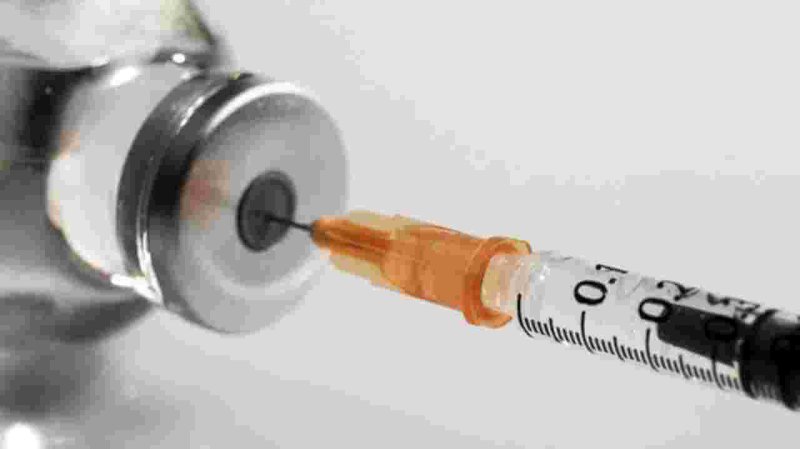The New York Times has done something that it very rarely does: It wrote an editorial in support of biotechnology.
The piece, titled “How to Inoculate Against Anti-Vaxxers,” is surprisingly good. It correctly stays away from politics….[and] also offers some helpful tips on how to fight back against anti-vaccine ideology….
…
[But] the NYT has a long history of spreading misinformation about chemicals and GMOs. That seriously undermines its important message about vaccines.Consider this statement from the editorial: “Yes, there are chemicals in vaccines, but they are not toxic.” That is 100% correct. (The dose makes the poison.) However, the New York Times has written dozens of articles claiming the exact opposite, namely, that chemicals are dangerous.
One of the biggest offenders is columnist Nicholas Kristof. He recently wrote an article with the not-so-subtle headline “What Poisons Are in Your Body?”….Funnily enough, antimicrobials were on Mr. Kristof’s list of scary things because they “can interfere with thyroid and other hormones.” Do you know where else you can find antimicrobials? Vaccines.
…
Our point is that the scientific illiteracy of the New York Times is why they can embrace the scientific consensus on vaccines while rejecting the scientific consensus on chemicals and GMOs.
Read full, original article: NY Times Editorial Supports Vaccines. Now, Do One On Chemicals, GMOs































